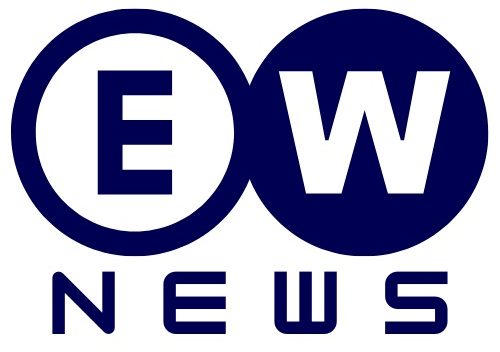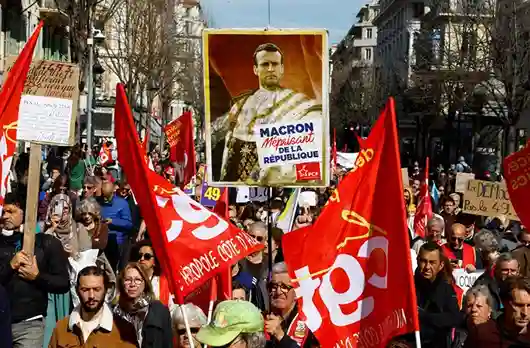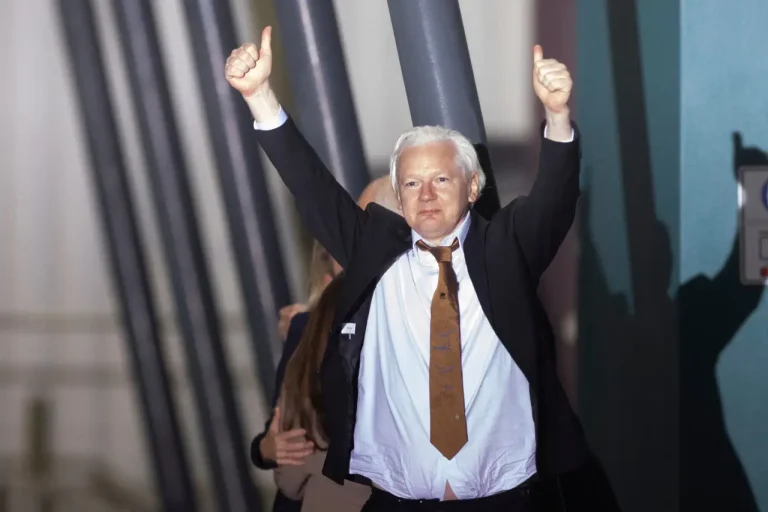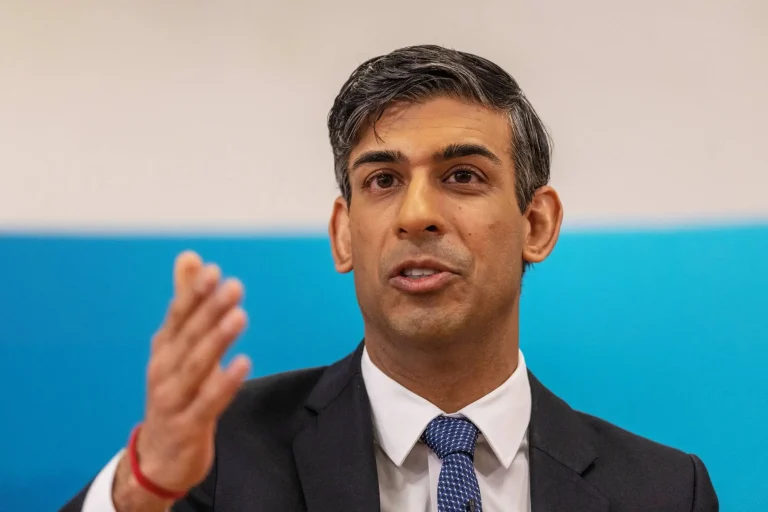Paris – By Our Correspondent
Thousands of demonstrators rallied across France on Saturday, following a call from a far-left leader who condemned President Emmanuel Macron’s choice of conservative Michel Barnier as the new prime minister, labeling it a power grab.
These protests mark a direct response to Macron’s decision to appoint Barnier, bypassing a far-left candidate after a divisive legislative election in July. The left-wing France Unbowed party views Barnier’s conservative stance as disregarding the electorate’s will, further heightening France’s already intense political climate.
Authorities anticipated tens of thousands of demonstrators nationwide. In Paris, protesters converged at Place de la Bastille, and tensions escalated as police braced for possible confrontations. Additional rallies occurred at 150 locations, including Montauban and Auch.
In Montauban, protesters echoed the sentiments of France Unbowed leader Jean-Luc Mélenchon, accusing Barnier’s appointment of undermining democracy. “The people have been ignored,” declared a speaker at the rally.
While Barnier conducted his first official visit as prime minister at Paris’ Necker Hospital, critics say the unrest may shape his administration’s direction. Barnier has pledged to address public concerns, particularly regarding public services.
Far-right National Rally leader Jordan Bardella also weighed in, warning that his party would closely monitor Barnier’s actions and urging him to prioritize national security and immigration in his agenda.
At 73, Barnier is the oldest prime minister of France’s Fifth Republic, replacing Gabriel Attal, 34, who was forced to resign after Macron’s government lost a crucial legislative election in July. Attal had been France’s first openly gay prime minister, and Barnier’s previous vote against decriminalizing homosexuality in 1981 has drawn early criticism.
Despite Barnier’s extensive political experience, forming a government to navigate the fractured National Assembly remains a formidable challenge. The political landscape is divided between the far-left, far-right, and Macron’s weakened centrist bloc, leaving the country and Macron’s administration in a precarious position.
Macron’s choice of Barnier, a veteran with strong European Union connections, is seen as an effort to restore stability. However, critics argue that Macron, once elected on a platform promising political renewal, now faces the instability he vowed to overcome.





